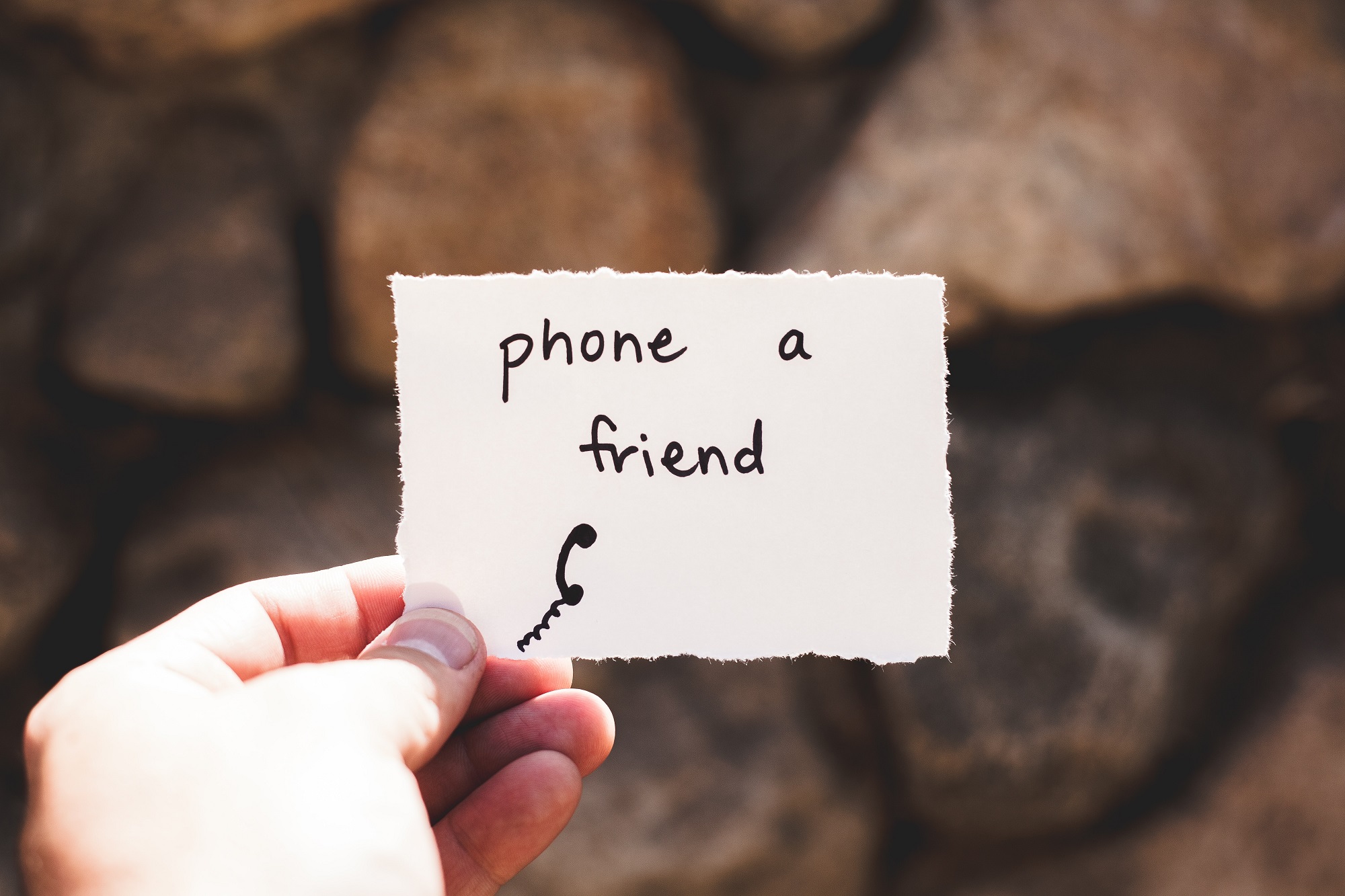
Adults
One in five Australians aged 16-85 are affected by mental illness each year, yet many don’t reach out because of stigma. 54% of Australians with mental illness do no access treatment or services. Mental illness is common, not something to be ashamed about. Nearly half (45%) of Australian adults will experience a mental health disorder during their lifetime, so chances are your friends, or a family member know exactly what you might be going through. As we work our way through what has been a challenging year with the pandemic, it is more important than ever to stay on top of your mental health. Don’t be afraid to say you’re not okay. If you suspect are friend might be struggling, reach out. You do not need to be an expert, just a good friend and listener.
There are many resources where you can access information about mental health. Helplines, websites and government mental health services provide several support services for Australians. A few of them are listed above.



